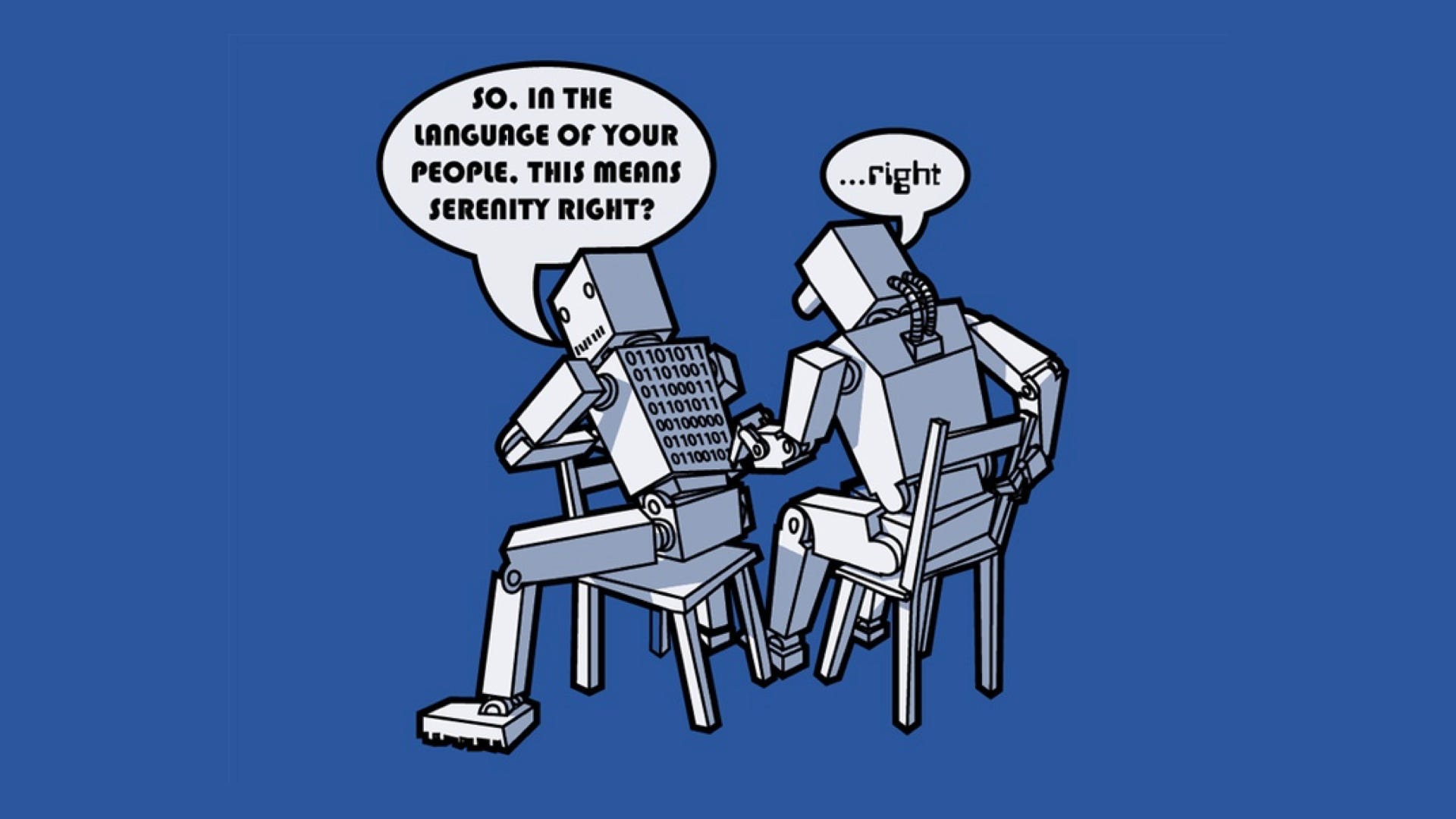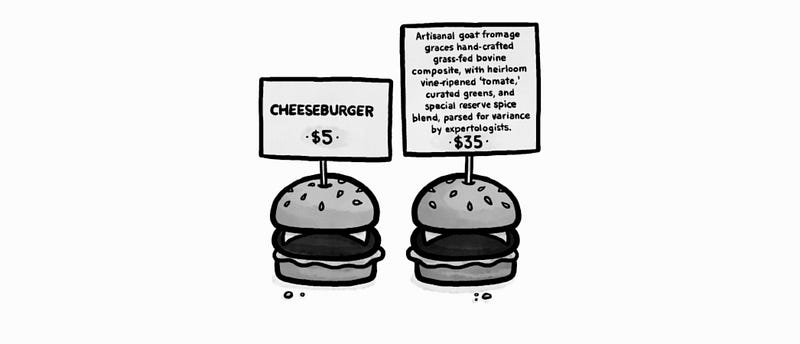
Within every newborn child is the ability to pronounce every sound in every language. Later in life English speakers may struggle to pronounce the Spanish rolling “r” or beautiful French such as l’amour. However, we are born with the potential to speak perfectly in any language. People who raise children abroad witness how easily their children pick up the local language and can pronounce it as a native would. It is as if these children catch the opportunity to learn the language before it becomes too late.
As the recent guest on the innovation show, Dr Srini Pillay tells us, our brains lay down neural pathways that mesh with the sounds we hear every day, eliminating other sounds from other languages. When people from China try to learn English, they no longer have the neural pathways to properly say their r’s.
Attempting to learn a language from a textbook or in the classroom alone is extremely difficult. As a fluent French and adequate German speaker, I tried this initially. I soon discovered the only way to learn a language is to immerse oneself in not only the language but the culture of that language. We must surround ourselves with people who speak that language, watch local TV, read local newspapers and books. We must live the language. In essence, we must immerse ourselves in the paradigm of that language.
Proponents of Tabula Rasa believe that we are all born with a blank slate, with no pre-installed mental content and that all knowledge comes from both experience and/or perception or what Plato called Doxa.
What we do is minuscule in comparison with what we think and when we think within a certain language paradigm it can be difficult to break outside that paradigm. As we will explore, this is the same problem for business.
Language Changes
Today, we have new words like “Finstagram” a fake Instagram account set up under a pseudonym so someone can be his or her real self with his or her friends. Meanwhile, they keep a real Instagram account for their “front of house” digital self.
Then we have emerging ways of communication facilitated by new tools such as emojisand snapchat.
Think for a moment of phrases like “surfing the web”, “emailing” or even “googling”. When these words first emerged they were new and unfamiliar. We were sceptical and hesitant to employ them. We only truly understood them by experiencing them. Such phrases seem antiquated now and have become part of common vernacular.
The novelty of new language wears off once we start to experience what the new language means. For example, once email became a common means of communication using the term was acceptable.
Everything starts this way.
Early adopters are always the outliers, the square pegs, the crazy ones. New business models may appear crazy at first and eventually become the new norm. Innovation workers experience this all the time, it is why they are often treated with suspicion and contempt until their work becomes the new norm.
Archaic Language
I recently attempted to read the original 1864 works of Jules Verne to my children for their bedtime story. They would usually have some questions or comments on a story, this time they were silent. I asked if they were enjoying it. While grateful for the story, they admitted they didn’t really understand everything I was saying. Bear in mind that I was paraphrasing on the fly to make it more comprehensible.
That experience combined with the innovation show chat I had with Dr Srini Pillay inspired this blog. It got me thinking that this is a problem we see in business all the time.
Here is the problem explored.
When we use disconnected language we alienate people. This often happens with digital departments and insecure marketers who over utilise jargon to hide their own lack of understanding. The great shame is that they often get away with it by bamboozling management with a glossary of new jargon every board meeting.
The problem here is that they keep chasing the next shiny thing. What about updating the business model to the one needed today and stop chasing the latest thing, not AI, AR, VR or Apps for the sake of it?
We can only ever see a vision when we have the correct words for it, words we can relate to. This is similar to learning a new language. The French word for chair is “la chaise” and it is so much easier to memorise and internalise this if someone gestures to a chair and says “voilá, la chaise” or pulls out a chaise and invites you to “asseyez vous” (sit down). When words become associated with something tangible, we can associate the ecosystem of new words with that tangible experience.
As Srini says in his excellent book, pictures and symbols (like emojis) convert concrete problems into forms of themselves that are easier to work with. They are representations of “things” (like chairs). Every word itself is a symbol, a shorthand way of describing some “thing”.
Organisational structures are based on outdated hierarchical structures such as the military or the Church. When we recognise this, we should also recognise that a lot of the language we use in business is disconnected from the world as it is today.
Obscure language may convey a sense of expertise, but it also alienates people. This does not serve the best interest of your business. As Frans Johansson, author of The Medici Effect: What Elephants & Epidemics Can Teach Us about Innovation tells us, “Certain terms and phrases get traction and are repeated over and over. Before you know it, it’s the way you talk within your culture.” The language used becomes synonymous with blockages to transformation and innovation. Terms like “best practices” are code for “the way things are done by our competitors”. So by following “best practices”, your business becomes a me-too business.
When new business models and new ways of doing things arise we can’t simply square peg them into a round hole. Instead, we need new terms or new symbols to represent them.
As Srini Pillay tells us, renaming things can also help to reframe our emotions, applying less judgmental descriptions of the things we rename. Introducing the idea of possibility- simply saying getting unstuck is possible- is progression. In the same vein of thought, simply employing catch-all phrases like “Digital” or “Innovation” become nothing words, these words can alienate and stagnate progression.
The Transformative Value of Language

On this week’s innovation show we talk to the co-author of Dollars and Sense, Jeff Kreisler. We discuss human bias towards language and how it can transform our emotion towards a product, service or business. “Language can shape how we frame our experiences. Language can make us pay extra attention to what we consume and direct our attention to specific parts of the experience. It can help us appreciate our experiences more than we might otherwise.”
Language changes how we view things. It is high time we change how we speak in business and we eradicate jargon. Changing the paradigm, changing the culture and changing the business for the better includes changing the language.
“The limits of my language means the limits of my world” — Ludwig Wittgenstein
Jeff Kreisler is the co-author of the awesome “Dollars And Sense: How We Misthink Money and How To Spend Smarter” with Dan Ariely.
In a world where people are talking about crypto and digital currencies, we look at the real psychology of money and why and how we spend it.
Jeff Kreisler and Dan Ariely brilliantly give us some great pointers on how we can avoid the many pitfalls and psychological traps behind our spending habits and behaviours.
Money is the top reason for divorce, the number one cause of stress for people and we are demonstrably worse at all kinds of problem-solving when we have money problems on our minds.
Money has changed the human condition as much as any other advance — as much as the printing press, the wheel, electricity, and al the tech advances we are now seeing
We look at several of the biases and forces at play behind our financial choices and lack thereof.
Opportunity cost neglect and Alternatives
We absolutely must, consciously or not, consider opportunity costs every time we use money.
We should consider the alternatives we are giving up by choosing to spend money now.
- The endowment effect
- The Ikea effect
- Loss Aversion
- Emotional Accounting
- Anchoring
- Gateway Drugs
- Virtual Ownership
- Retirement savings
- Fairness and effort
- Anchoring
- Payments Frictionless. Painless. Thoughtless
- The pain of paying
- Language and how it can influence our purchases
More about Jeff and where to find his books and his speaking opportunities here: http://www.jeffkreisler.com/
As always, the show is broadcast on RTÉ Radio 1 extra 3 times weekly and is on iTunes, TuneIn Stitcher Player FM and Google play. The website is here. Soundcloud is embedded below: